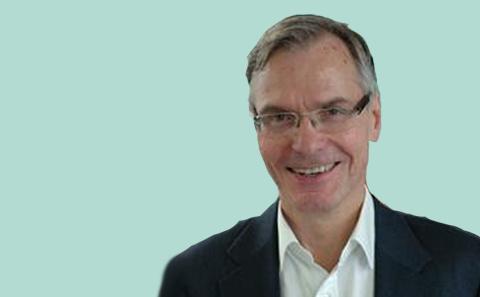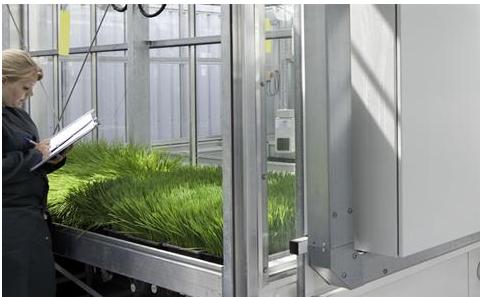
Evidence to Policy
Discover more tales from the nexus of policymaking and evidence

It sometimes feels as if we are not making any progress on the issue of how to address the ‘epidemic’ of obesity. Unlike other epidemics, levels of obesity show no sign of peaking and then declining as immunity builds up in the population. We are all at risk to some degree: we can’t quarantine overweight people to stop others catching it, and we can’t develop a vaccine to protect ourselves from it. In our frustration with this situation, we cast the blame wider than ever: on the global multinational food companies, retailers, governments, schools, doctors, parents, each other. At which door should we really lay the responsibility?
The challenge of childhood obesity has particularly concerned us in Southampton. Our research has made it clear that the risk of obesity can be passed from one generation to the next, taking tackling it to a new level. This passage of risk happens partly because health behaviours run in families, but our research has also shown that biological processes, which affect the settings of a person’s metabolic control, appetite, food preference and maybe even the propensity to exercise, can operate on the developing baby in the womb.
So the plot thickens further still - now we have to think about the consequences of obesity, poor diet and unhealthy lifestyle in prospective parents. But we cannot put the responsibility on the shoulders of tomorrow’s parents without giving them the help and support they need.
In the UK, one in four children is overweight or obese by the time they start primary school. It’s one in three by the time they attend secondary school. So it looks like we’re losing the battle. The report of the World Health Organisation’s Commission on Ending Childhood Obesity emphasized the importance of tackling the problem at several points in the life cycle simultaneously: in the preconception period in adults; the infant and young child; and the older child and adolescent - the last group of course will become part of the first group, and so the cycle repeats.
Just working at one of these points may not be enough. All of these periods need to be thought of in the context of the ‘obesogenic’ environment in which we increasingly live - so this is where the issues of food marketing etc fit in. As someone who worked with WHO in assembling the evidence for these recommendations, I was disappointed that this model was not incorporated, or even referred to, in the Government’s Childhood Obesity Action Plan, which was released in late August 2016 and revised recently. The report of the Commons Health Select Committee, also recently published, seems to have come to similar conclusions on a range of issues, expressing disappointment that the action plan ignores proposals from experts and did not go far enough.
The so called ‘sugar-tax’ on fizzy drinks and foods such as biscuits and cakes should be commended. Hopefully it will reduce consumption but it will depend on how it is managed and enforced. As the WHO report says, there is no single approach which will reduce levels of obesity, so we should not expect this to do so on its own: but it could be part of a holistic approach and do much to raise awareness of the problem.
To be honest, though, I doubt if any young person will read this blog this far. Fed up with hearing about obesity? You bet. The Government’s Action Plan talks about having a conversation about childhood obesity - so how are we to start that conversation?
Inspired by our colleagues in education, we went back to school to find out. Our pioneering LifeLab programme allows teenagers to engage in the scientific basis for health and helps them understand the consequences for them and any children they may have later. LifeLab certainly changes their attitudes... but we don’t know yet if this translates into changes in the behaviour of these adolescents. So, despite the commitment of our teachers, is secondary school the optimal place to reach this important group of young people?
But what about the WHO concept that we need to act at several points in the life course simultaneously? Remembering this, we’re now developing a programme for primary schools called Early LifeLab, integrating some exciting science experiments into the appropriate parts of the primary curriculum from Year R onwards. From our trials of the modules we would use, we can already see just how excited these children are to don their little LifeLab lab coats and to get to grips with the science underlying their health.
We need to move on from the lamenting that young people don’t want to engage with obesity prevention? If they are fed up with hearing about it, let’s not force more of this fare upon them. Let’s change the channel to talk about the wonderful opportunities that operate from development onwards - the gift which parents give to children, the chance to live long and happy lives.
British Heart Foundation Professor of Cardiovascular Science, University of Southampton
This article was originally published in The Huffington Post, you can view the original here.

Discover more tales from the nexus of policymaking and evidence

Learn more about the research projects Public Policy|Southampton are currently working with